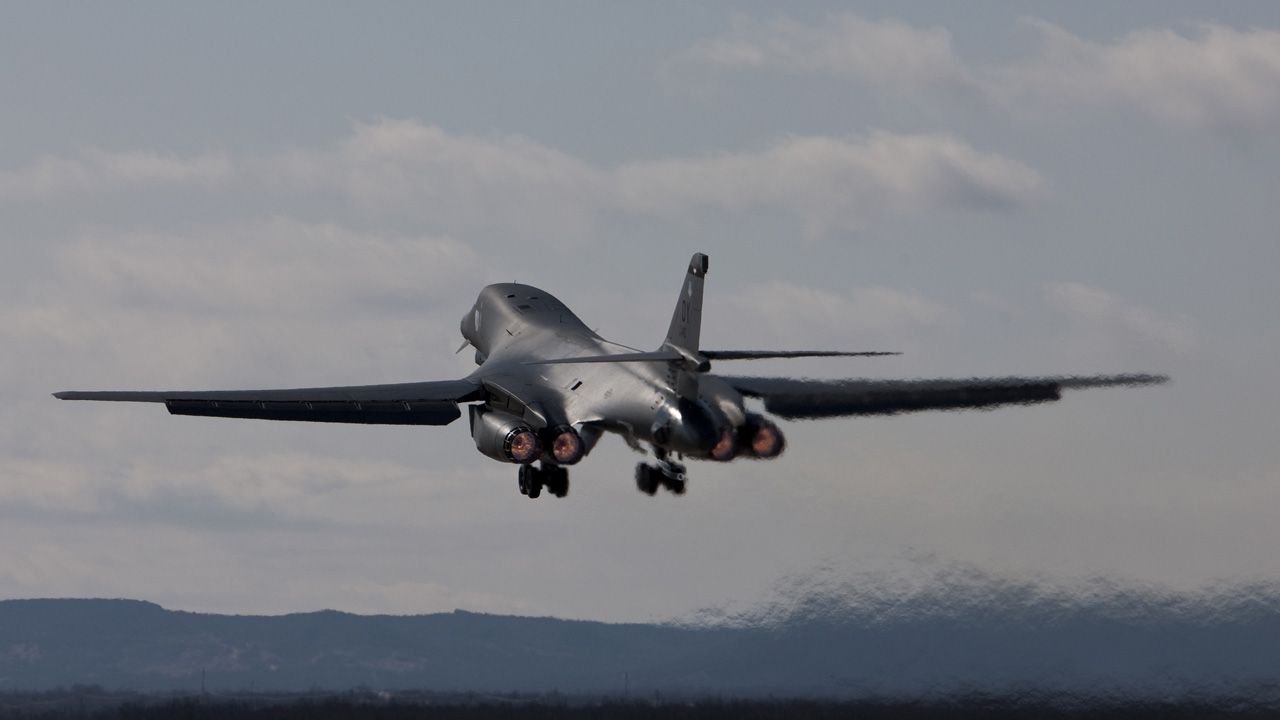Washington is in talks to station its strike bombers in Australia, according to a US general, amid concern about China’s military expansion in the South China Sea.
General Lori Robinson, commander of US Pacific Air Forces, said negotiations were under way to have American B-1 bombers and aerial tankers temporarily stationed in northern Australia.
“We’re in the process of talking about rotational forces, bombers and tankers out of Australia and it gives us the opportunity to train with Australia,” she said according to national radio aired Wednesday.
“It gives us the opportunity to strengthen the ties we already have with the Royal Australian Air Force and it gives the opportunity to train our pilots to understand the theatre and how important it is to strengthen our ties with our great allies, the RAAF.”
The US has been pursuing a foreign policy “pivot” towards Asia, which has rattled China, and already stations Marines in Australia’s north.
Beijing said it was “concerned” by reports of the US-Australia talks.
“To seek peace, cooperation and development is an important trend in the region and what all people aspire for,” said Hong Lei, a spokesman from China’s Ministry of Foreign Affairs.
“Relevant cooperation among countries should serve the purpose of safeguarding regional peace and stability.
“Such cooperation should not target the interests of a third party”.
Last May, Assistant Defense Secretary for Asian and Pacific Security Affairs David Shear raised the prospect of B-1 bombers in Australia when he appeared before the US Senate Foreign Relations Committee.
But his comments were played down by Australia’s then prime minister Tony Abbott, who said Shear had “misspoken”.
Current Prime Minister Malcolm Turnbull would not be drawn on the specifics of the discussions when asked about the bombers.
“Well, we have rotation of American military forces through Darwin and through Australia all the time,” he said Wednesday. “So we have a very, very close defence relationship with the US.
“I’m not going to comment on a particular element of that, but I can just assure you that everything we do is in this area is very carefully determined to ensure that our respective military forces work together as closely as possible in our mutual national interests.”
Beijing claims almost the whole of the South China Sea, through which a third of the world’s oil passes, and tensions have been rising as it asserts its territorial claims.
A US official last month said Beijing had deployed surface-to-air missiles on Woody Island in the disputed Paracels chain. Reports also surfaced recently of probable radar installations on reefs in the nearby Spratly islands.
Washington has in recent months sent warships to sail within 12 nautical miles — the usual territorial limit around natural land — of a disputed island and reef transformed into an artificial island.
Robinson said the United States would continue to fly above and sail through the disputed waterway and encouraged “anybody in the region and around the world” to follow suit to assert freedom of navigation.










